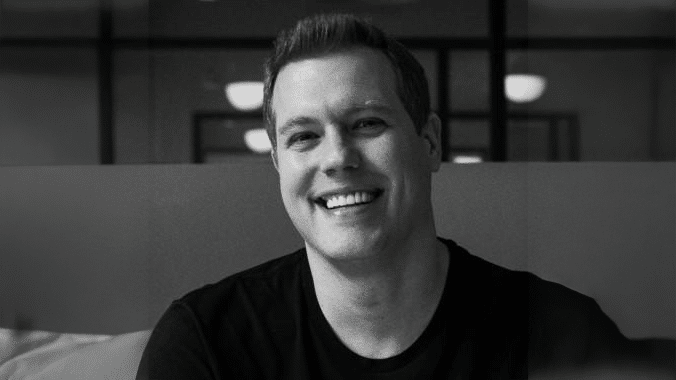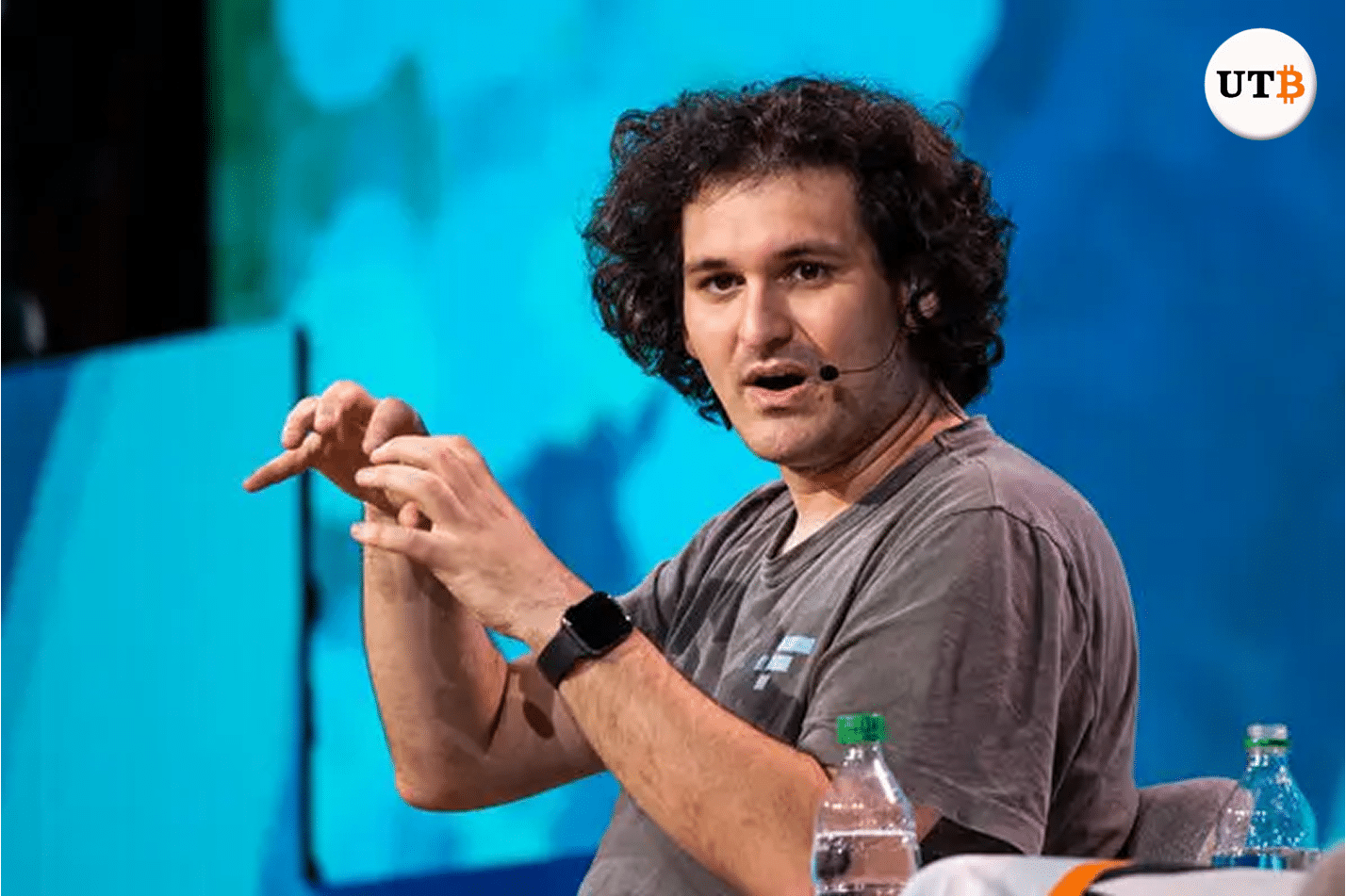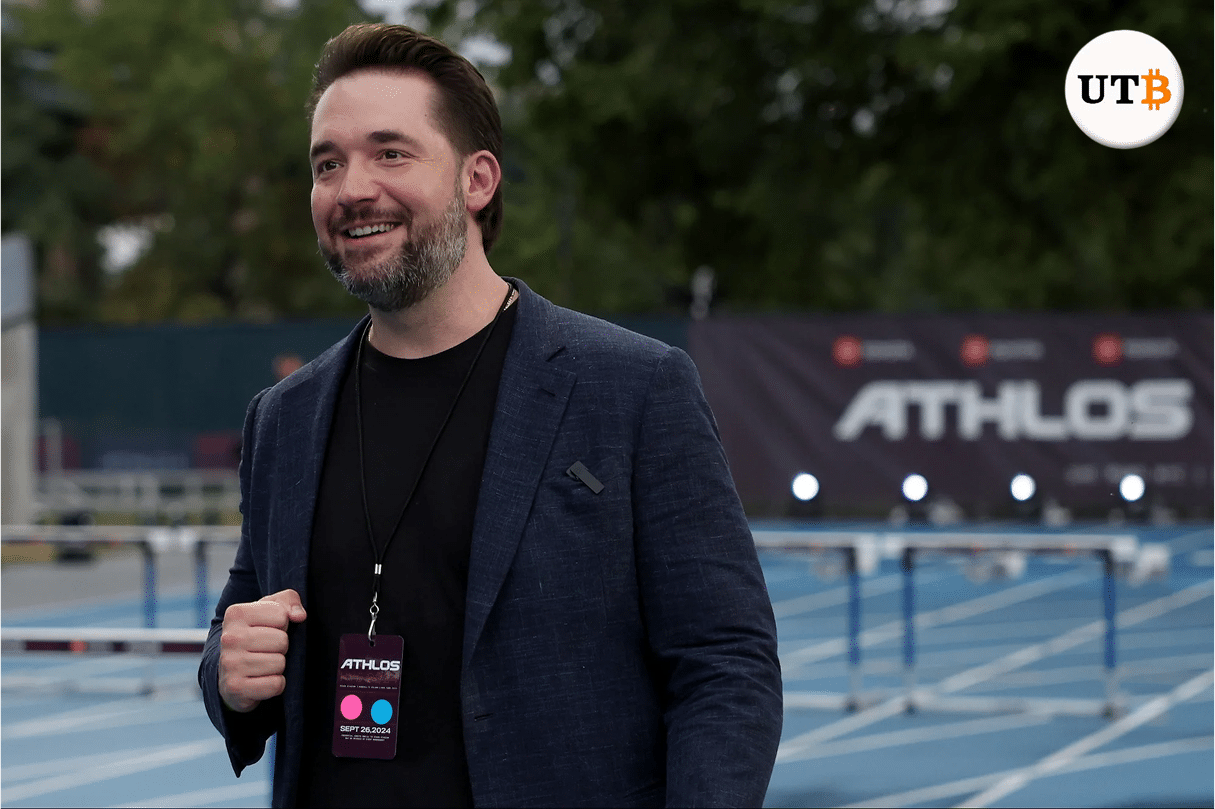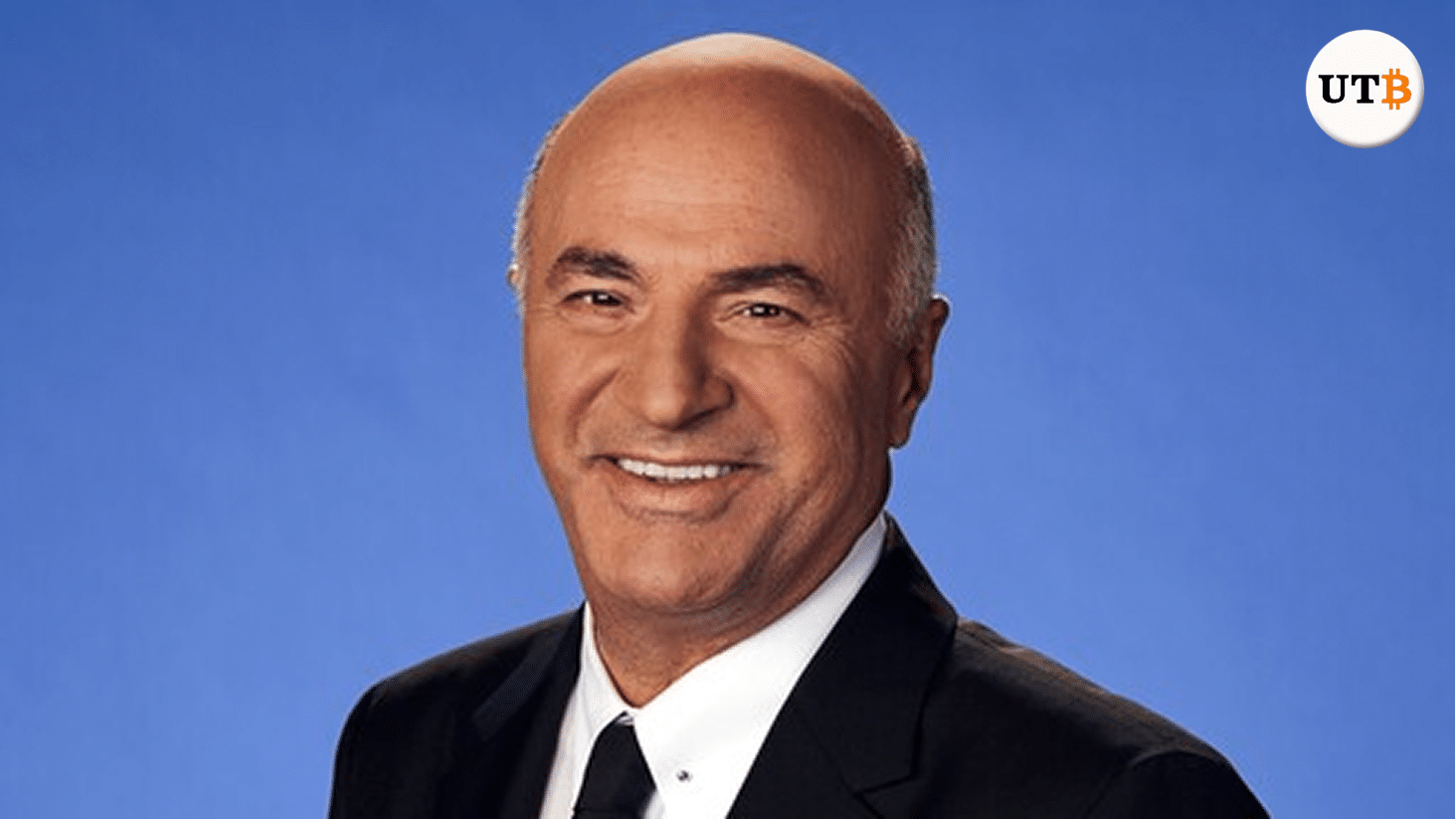Key Takeaways
- Tyler Spalding helped start Flexa, which uses blockchain payments with AMP collateral to change decentralized payments.
- Spalding holds degrees in Mechanical and Aerospace Engineering and an MBA from Harvard and MIT, blending technical expertise with business acumen.
- Early in his career, Spalding worked at NASA and the U.S. Air Force, contributing to developing aerospace technology and systems.
Who Is Tyler Spalding?
Tyler Spalding is one of the Co-founders of Flexa, the team behind Ampera—a grassroots payment project using the AMP collateral token, and leads the Acronym Foundation as its President. He studied Mechanical Engineering at the University of Illinois Urbana-Champaign, where he earned his Bachelor’s degree.
Later, he completed a Master’s degree in Aerospace, Aeronautical, and Astronautical Engineering at the same university in 2002. In 2010, Spalding completed an MBA through the Cross Registration program at Harvard Business School. He also attended the Massachusetts Institute of Technology (MIT) to pursue an additional MBA, with a focus on Entrepreneurship and Innovation.
Early Career in Software and Aerospace
Tyler Spalding started his career as a Software Engineer at Microsoft. In 2004, he moved to a research role at NASA, where he helped with aerospace research and technology development. By 2008, he took on leadership roles in design at United Space Alliance and the United States Air Force, where he focused on engineering and system development.
NASA and MIT Research Contributions
In 2009, Spalding became a Senior Engineer for NASA’s Constellation Program, where he worked on the Orion Crew Exploration Vehicle, a spacecraft built for long-distance space missions. His job included developing essential technologies for human space travel. Later, he worked as a Researcher at the Massachusetts Institute of Technology (MIT) until 2011, gaining more experience in aerospace engineering and system design.
Entrepreneurship and Tastebud Technologies
Moving into entrepreneurship, Spalding co-founded Tastebud Technologies in May 2011. As CEO, he guided the company’s growth, focusing on digital tools to improve customer engagement. The company expanded under his leadership and was acquired by Raise in 2015. After the acquisition, Spalding became the Chief Technology Officer (CTO) of Raise.com, where he helped grow the platform and improve its technology until 2018.
Co-founding Flexa and Blockchain-Based Payments
In February 2018, Spalding co-founded Flexa with Zachary Kilgore. The company created a payment network to help businesses accept digital assets. Flexa also introduced Ampera, a system for decentralized payments that uses Amp as a backup token to keep transactions secure. Amp makes payments fast and safe by ensuring businesses receive their money even before blockchain transactions are fully processed.
The Role of Amp in Digital Transactions
Flexa was the first major platform to use Amp, which works as a staking-based security system. The Flexa Capacity contract lets users stake Amp and earn rewards from merchant fees while helping to protect payments at thousands of stores in the United States and Canada. This system improves the reliability and speed of digital asset payments in everyday businesses.
Leadership at Acronym Foundation
In January 2023, Spalding became President of the Acronym Foundation. Since then, he has led efforts to develop open-source Web3 technologies, including projects like Anvil and Ampera. His work focuses on improving decentralized finance and blockchain-based payments, helping connect digital assets with everyday businesses.
Tyler Spalding at Consensus 2024
In a special podcast episode from Consensus 2024, Tyler Spalding joins the discussion to explore the growth of the AMPera ecosystem, the work of Acronym Foundation, and the upcoming ANVL protocol. He shares insights on how these projects are shaping the future of decentralized payments and blockchain infrastructure. The discussion also covers big changes in the industry, new technology, and how digital assets are becoming more useful in everyday business.
Improving Decentralized Finance (DeFi)
Besides payments, Spalding has played a role in improving decentralized finance (DeFi) by supporting secure and efficient digital transactions backed by collateral. His work with Amp and Flexa has shown how blockchain technology can make everyday business transactions cheaper and safer. By utilizing decentralized systems to secure payments, he has helped shape the integration of digital assets into traditional financial systems.
Patents and Technology Contributions
Spalding has several patents in digital payments and blockchain security, showing his strong involvement in new technology. His work in both aerospace and financial technology has helped improve secure transactions, prevent fraud, and enhance payment processing efficiency.
Future Goals and Industry Influence
Through his leadership at Acronym Foundation, Flexa, and his work in blockchain-based financial systems, Spalding is committed to improving open-source technology. His efforts on projects like Anvil, Ampera, and Flexa focus on making decentralized payments more user-friendly. As digital payments continue to grow, his work will likely help shape the future of financial technology and Web3, making digital asset transactions smoother and safer for businesses and users worldwide.
Final Thoughts
Tyler Spalding’s journey from aerospace engineering to blockchain demonstrates his ability to combine technology and finance. His work with Flexa and the Acronym Foundation is helping to improve digital payments. With a strong background in engineering, business, and blockchain security, he is making digital money easier and safer to use. His efforts with Amp, Ampera, and Web3 tools demonstrate his commitment to enhancing financial technology and integrating blockchain into everyday life.
Check out these related articles.



























